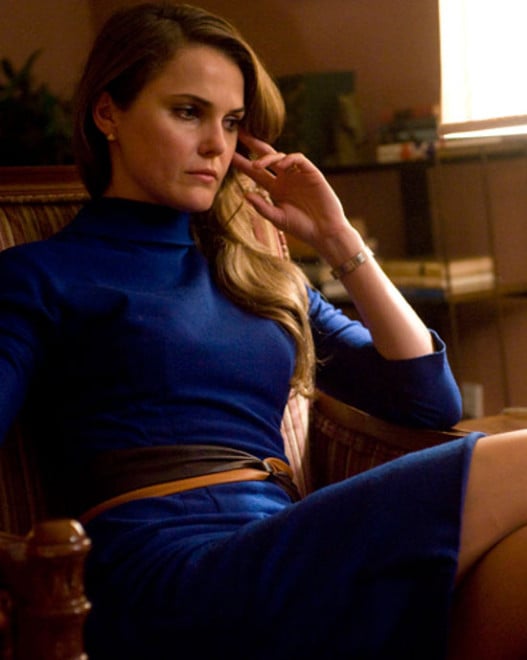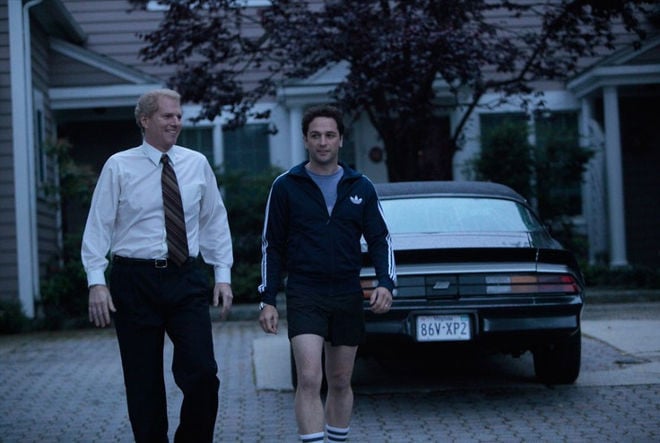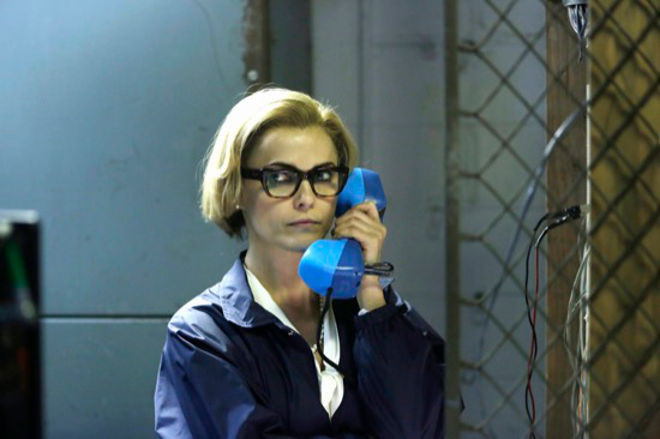Forget ‘Mad Men’; ‘The Americans’ Is The Much-Watch Period Drama Of 2015
The Americans is the highest ranked show on Metacritic. So why aren’t you watching it?
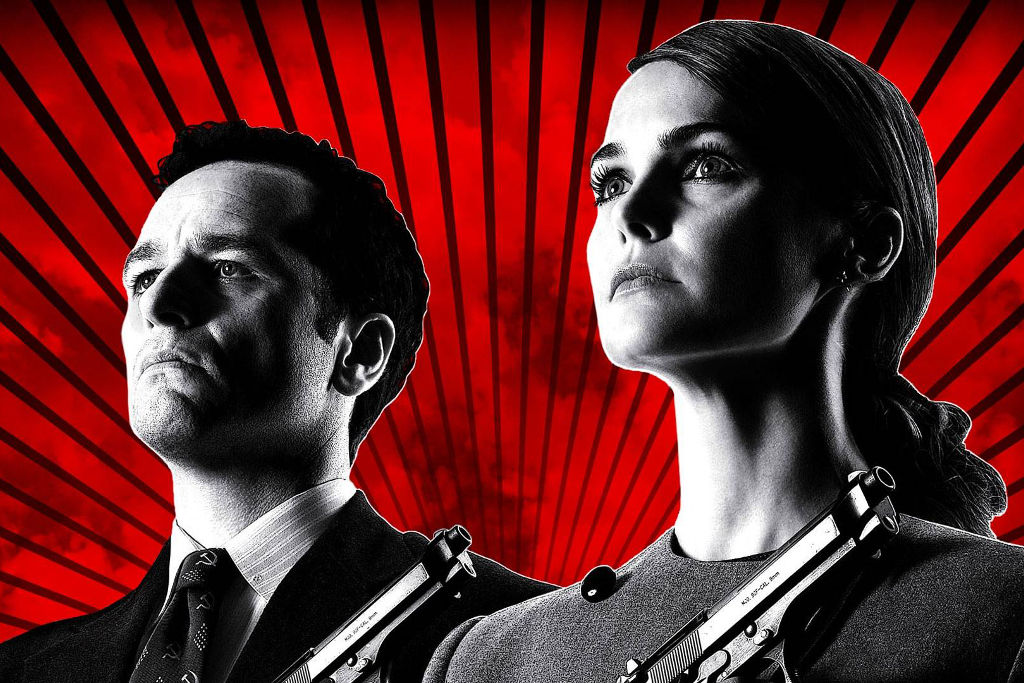
Mild spoilers below, particularly in some of the links.
–
The Americans, a Cold War period drama following the lives of two KGB agents living undercover in North American suburbia, has been widely praised as the best drama on television, with its most recent season currently sitting as the highest rated show on Metacritic and receiving a 100% rating from critics on Rotten Tomatoes. They have an evangelical fan in The New Yorker’s television critic Emily Nussbaum who last year sent out the cry to “watch The Americans”, labelling Season 3 “a thrilling, moving, clever show about human intimacy—possibly the best current drama out there.”
Yet despite critical success, the show has flown under the radar, particularly in Australia where Foxtel channel SoHo has just started the third season. People of Australia, it’s time to rectify this – here’s why you need to watch The Americans.
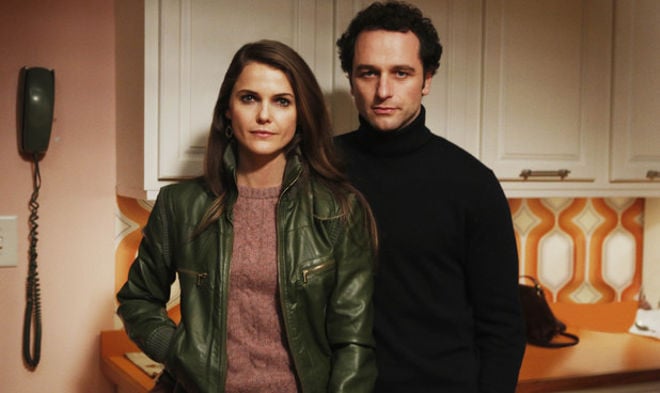
The Killer Premise
The Americans follows two sleeper KGB spies, Elizabeth (Keri Russell) and Philip (Matthew Rhys) Jennings, during 1980s Cold War America. They raise two teenage children who are oblivious to their parent’s true identity and run a small travel agency as a cover, while completing covert operations on behalf of “The Centre” – KGB Headquarters in Russia.
To heighten the intrigue (and stretch the imagination), their neighbour and friend, Stan Beeman (a very sympathetic Noah Emmerich), is a FBI agent working in counter-intelligence in Washington, DC. Created by Joe Weisberg, a former CIA agent who was inspired by the true story of the Illegals Program, the show mixes fantastical action scenes with moments of heart-breaking realism to explore notions of the individual, family and country.
A major revelation to come from this show is that Felicity Keri Russell does not in fact age. But her ridiculously beautiful face aside, Elizabeth Jennings is a complex female character at a time when complex female characters are the secret sauce in prestige dramas. Like Alicia Florrick of The Good Wife or several of Tatiana Maslany’s clone characters in Orphan Black, Elizabeth does not have a passive bone in her body. She is a textbook do-er, and what she does, she does with precision, clarity and a heart full of ideological conviction. But Elizabeth, like all the characters in The Americans, is profoundly human and she is allowed to experience moments of vulnerability and tenderness (with her daughter, her husband and her victims) without weakening her conviction.
Philip is an equally intriguing, and ultimately more likable, lead character. Despite his life as an undercover spy, a life which includes long-cons of unwitting women (notably sweet and trusting Martha, played superbly by Alison Wright – #PoorMartha) and frequent, dispassionate killing, his character exudes bucket-loads of warmth and sincerity. Both Philip and Elizabeth live pretend lives – their marriage, family and identities are all part of their complex cover. And yet, where Elizabeth seems aware, if not at peace, with this fact, Philip continuously tries to create a sense of self separate to his usefulness as a KGB operative. Stan Beeman, the FBI agent who Philip manipulates for information, is actually Philip’s best friend; his relationship with Elizabeth is real and passionate even though they were paired up by the Centre. His need to find authenticity in his experience is at odds with his duplicitous profession. In fact, his conscience and belief in the cause are tried from the very first episode, and particularly in this most recent season, as the Centre asks for greater sacrifices.
Behind the disguises and the intrigue and the secret identities lies the essential question: do the ends justify the means? How much are our anti-heroes willing to sacrifice for the greater good? It is a battle of personal interest versus ideological belief – country versus family – and the show’s leads are positioned as opposing sides of these arguments, with Elizabeth representing the ideological and Philip the personal. This subtle subverting of gender roles happens throughout the show without fanfare. Their skills are not gendered; they both fight, they both seduce, they both use technology and they are both emotionally manipulative. Elizabeth is more committed to the cause, more able to separate her emotions from her work and get the job done, while Philip’s emotional fragility and crisis of conscience drive his character’s arc. When Philip does employ a more traditional version of masculinity it’s performed as part of his cover, for the benefit of Stan, with a six-pack of beer in hand as a token prop.
–
More Gore Than GoT, And More Period Props Than Mad Men
If you love the spear-in-the-eyeball routine in Game of Thrones, then you’ll love the bone-cracking, skull-crushing violence of The Americans. Violence (and sex for that matter) is used to play out varying dynamics between characters – power shifts, internal struggles of conscience and belief, moments of intimacy (one particularly gruesome and sexually-charged amateur dental scene of Season 3 comes to mind). There are an exhausting amount of narrative threads, with each spy running several operations while also trying to raise a family, maintain a marriage and run a business, but ultimately it serves to delve deeper into the lives of this complex and fascinating cast of characters. The dizzying plotting and scheming, as experienced through three distinct viewpoints – KGB spies, FBI agents and Russian bureaucrats – brings to life the tensions of this dark and paranoid period in US history.
Sure, Mad Men has nailed the 1960s but The Americans takes you back to the glory of the 1980s and, amazingly, makes it look like something other than shit! With moody lighting and some well-fitting high-waisted jeans, the production team do an incredible job of making the era that gave us this look quite chic.
Cutting-edge 1980s technology is the uncredited star of the show. Boxy 64kb RAM computers, hidden mics that just barely fit into pens, spy cameras the size of an old-school Nokia are whipped out like James Bond’s latest gadgets and a recurring set piece of tension is created while waiting for this outdated technology to load/install/connect before our espionage anti-heroes are caught out.
The Americans is also regarded, rightly so, as one of the best soundtracked shows on television. The opening sequence of the very first episode, a tense action scene set to Fleetwood Mac’s “Tusk,” is impactful enough to rival the much-talked-about one-shot scene in True Detective’s fourth episode. Throughout the series, an anthemic ‘80s classic will signify a big action scene or narrative turning point with gems from Echo & the Bunnymen, The Cure and Phil Collins being deployed to superb effect.
If the heart-thumping action scenes, delicate character studies and steamy sex scenes aren’t enough to pique your interest, there in one final reason to watch The Americans: wigs. So. Many. Wigs. And yes, you kind of have to stretch your imagination that Keri Russell’s She’s-All-That make-under of big glasses and mousy hair suddenly makes her completely unrecognisable, but it’s completely worth it.
–
Season 3 of The Americans airs Wednesdays at 8.30pm AEST on SoHo.
–
Maddy Newman is a freelance writer covering fashion, TV and whatever else floats her boat. She tweets from @MaddyNewman.
